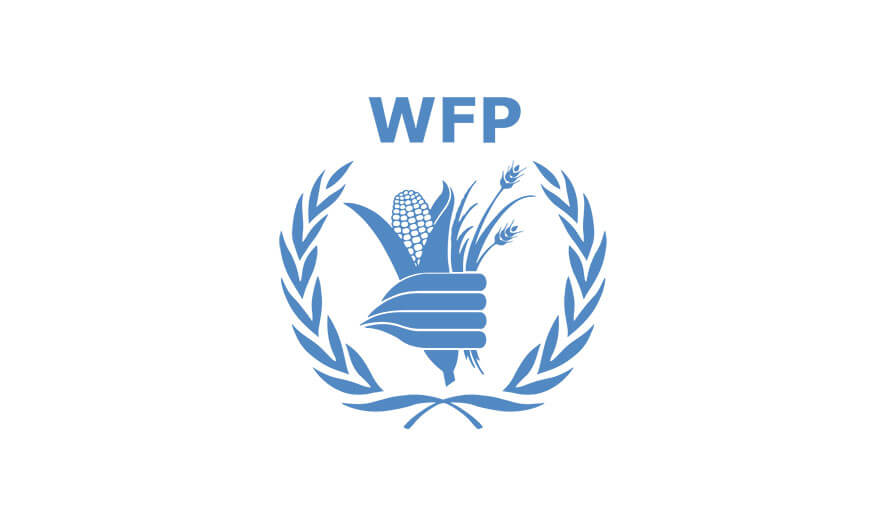Recover your password.
A password will be e-mailed to you.
WFP Jobs
WFP in Sudan
In 2019, Sudan faced a worsening economic crisis, including high inflation and rising prices for essential items such as food, medicine and other commodities. After months of civil protest, a Transitional Government was formed in September 2019. The Transitional Government is pursuing a new social contract with the people, prioritizing peace and economic reform, which can pave the way to achieve the Sustainable Development Goal 2 on zero hunger and improved nutrition
However, a large number of displaced people, including refugees from neighbouring countries, a volatile economic situation, increased climate variability, environmental degradation, disease outbreaks, malnutrition, gender inequality, and the risk of relapse back into potential conflict present significant hunger challenges.
According to the Sudan Humanitarian Response Plan 2020, 9.6 million people require humanitarian support in 2020, including 6.2 million people who are food insecure. High inflation continues to reduce households’ purchasing power and people are unable to meet their basic needs. An average local food basket takes up at least 75 percent of household income.
Sudan continues to face persistently high levels of acute malnutrition and stunting, which constitute a significant public health problem. National prevalence of global acute malnutrition – too thin for height – is 14.1 percent. About 2.7 million children suffer from wasting annually, with approximately 522,000 suffering from severe acute malnutrition.
Although stunting – too short for age – has slightly improved over recent years, the scale of the problem remains concerning. One out of three Sudanese children are undernourished and do not grow to their full cognitive and physical potential.
Two thirds of the population live in rural areas, and the economy is heavily dependent on agriculture. However, the sector is vulnerable to climate shocks, and the productivity is low due to inadequate farming practices and post-harvest losses.
In response to these challenges, WFP works with the Government and partners to provide life-saving food and nutrition assistance, while supporting government efforts to strengthen social protection systems.
The already dire food security situation in Sudan could worsen with the adverse economic impacts of COVID-19. Additional efforts are required to prevent already extremely vulnerable households from becoming impoverished. In an effort to protect the most vulnerable groups against hunger and the spread of COVID-19, WFP is adjusting its response in Sudan, while ensuring safety at food and cash distributions.
Here in Org Jobs you can find WFP jobs in Sudan
